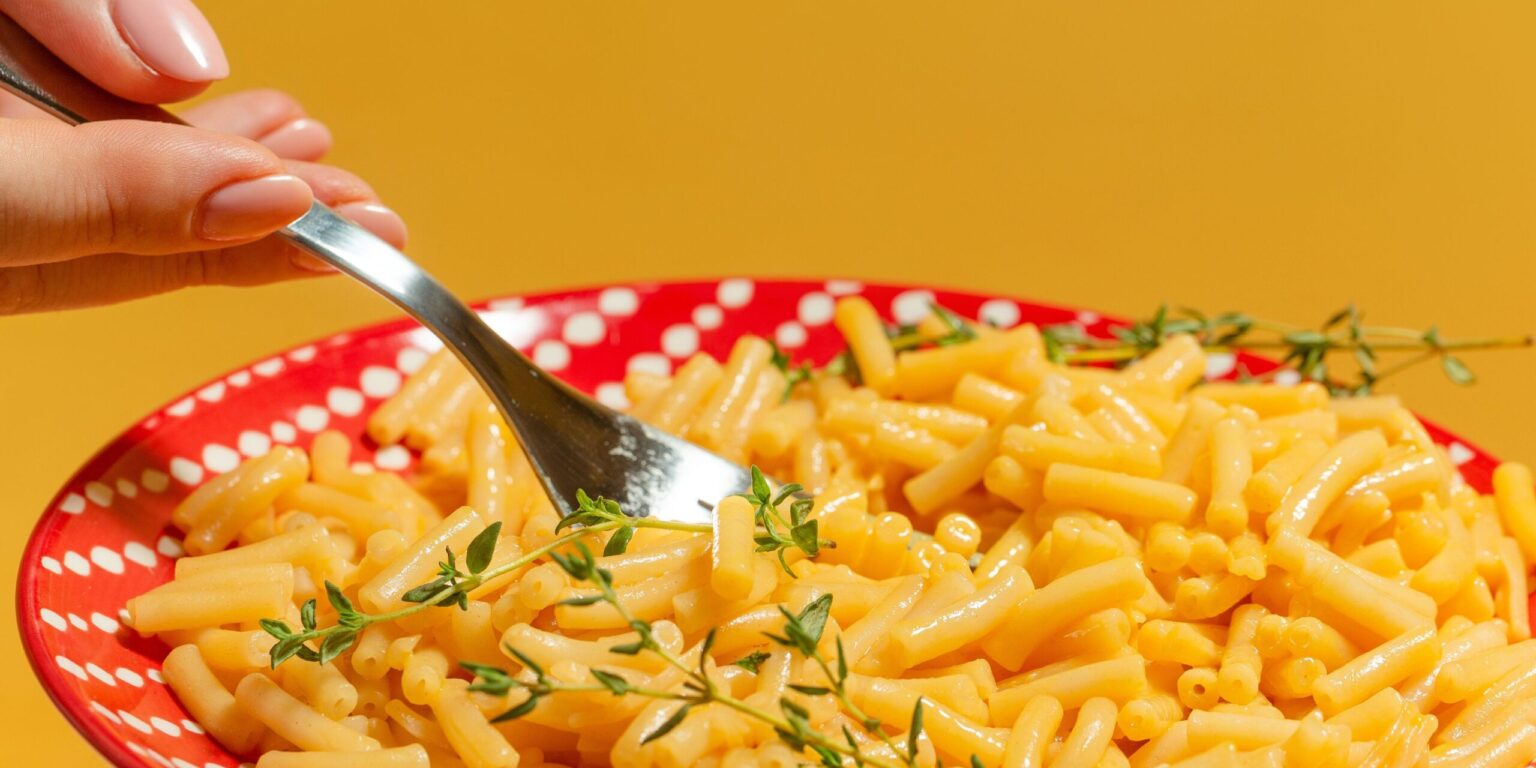By Marcus Kline, Business Analyst
In a major shift aimed at meeting consumer demand for cleaner and more natural ingredients, Kraft Heinz has announced plans to eliminate all artificial dyes from its food products in the United States. The company revealed on June 17, 2025, that it will begin reformulating iconic products like Kool-Aid, Jell-O, Mac & Cheese, and ketchup to remove synthetic colors, a move that will be completed by the end of 2026.
The decision marks a significant response to growing consumer concerns about food transparency and the potential health risks associated with artificial additives. The removal of these dyes will align with the company’s broader strategy to cater to the increasing demand for healthier, more natural food options.
Commitment to Consumer Health and Wellness
Kraft Heinz’s decision comes amid mounting pressure from consumers, health advocates, and regulators who have raised alarms about the long-term effects of artificial dyes, particularly in children’s food. With products like Kool-Aid and Jell-O known for their vibrant colors, the move has been widely anticipated as more brands seek to align with growing health-conscious trends.
“Consumers are increasingly prioritizing clean-label ingredients, and we’re listening to their needs,” said Miguel Patricio, CEO of Kraft Heinz. “This is part of our broader commitment to deliver foods that are simpler, healthier, and align with the values of the modern consumer.”
The company’s decision to remove artificial dyes follows similar actions taken by other major food brands. In recent years, several companies in the food and beverage industry have been phasing out synthetic colors in favor of natural alternatives, such as beet juice, turmeric, and spirulina.
Popular Products Set for Reformulation
Among the products that will undergo reformulation are some of Kraft Heinz’s most popular offerings, including:
-
Kool-Aid: Known for its vibrant colors, Kool-Aid will transition to natural alternatives in its powder mix.
-
Jell-O: The gelatin-based dessert will no longer contain artificial coloring agents.
-
Mac & Cheese: Kraft’s signature yellow cheese powder will be revamped using natural colorants.
-
Ketchup: Though not as reliant on artificial colors, Kraft Heinz’s ketchup will also be free from synthetic dyes moving forward.
For many consumers, the move represents a significant shift in the way they perceive Kraft Heinz as a brand. The company’s commitment to healthier, more transparent ingredients aims to maintain consumer loyalty and appeal to a broader demographic, especially younger, more health-conscious buyers.
Growing Demand for Transparency
The removal of artificial dyes is just one component of a broader trend toward cleaner ingredients in the food industry. According to a 2024 survey by the Consumer Health Institute, over 60% of American consumers report that they prefer products with fewer artificial additives. Health experts have raised concerns about the potential impact of artificial dyes on children, with studies linking some synthetic colors to hyperactivity and other behavioral issues.
“Consumers are becoming more knowledgeable about what goes into their food,” said Dr. Heather Thompson, a nutritionist and expert in food additives. “This shift is not only beneficial for Kraft Heinz but also for the industry as a whole, as it aligns with the growing demand for food that’s not only safe but also nourishing.”
This move by Kraft Heinz also comes at a time when the company is striving to modernize its image and stay relevant to a new generation of consumers who are increasingly concerned about sustainability, health, and food quality.
The Industry’s Bigger Picture
Kraft Heinz’s reformulation effort signals a larger movement across the food industry as consumer preferences shift toward cleaner, more sustainable options. Rivals like Nestlé and General Mills have already made strides to reduce or eliminate artificial ingredients from their products.
The pressure for reformulation is not just driven by consumer demand but also regulatory factors. The U.S. Food and Drug Administration (FDA) has been reviewing the safety of food colorings for several years, particularly concerning their impact on children’s health. Though no new regulations have been enacted, the scrutiny around artificial dyes has grown, creating a sense of urgency within the food industry to address public concerns.
In 2023, the European Union took decisive action, banning several artificial dyes from food products, prompting many global companies to re-evaluate their ingredient sourcing and manufacturing processes. This regulatory shift in Europe has indirectly influenced the practices of American food giants like Kraft Heinz, signaling that the global tide is turning against artificial additives.
What’s Next for Kraft Heinz?
While the removal of artificial dyes is a significant step for Kraft Heinz, the company is not stopping there. The brand has indicated that it will continue to innovate in its efforts to improve nutritional profiles across its product range. As part of its broader sustainability agenda, Kraft Heinz has committed to reducing its carbon footprint, sourcing ingredients responsibly, and making further strides toward more natural and wholesome food options.
In a recent corporate sustainability report, the company stated its goal of sourcing 100% of its ingredients from sustainable sources by 2030, further solidifying its commitment to environmental and social responsibility.
“We are not just eliminating artificial dyes,” said Patricio. “We are committed to improving the overall quality of our products for consumers, and that includes being more transparent and focused on better-for-you ingredients.”
Conclusion
As Kraft Heinz embarks on the removal of artificial dyes from its U.S. product lineup, it is signaling its commitment to meeting the evolving expectations of health-conscious consumers. With growing demand for natural ingredients, the company’s decision could set a precedent for others in the food industry to follow suit. By focusing on transparency, health, and sustainability, Kraft Heinz is taking bold steps to remain relevant in a fast-changing marketplace.
